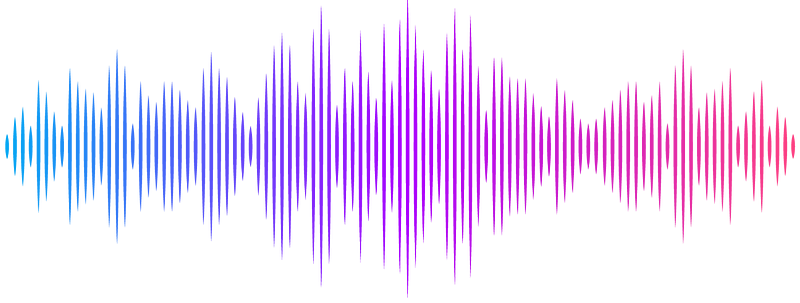The Rho GTPase Rac1 mediates exercise training adaptations

The Rho GTPase Rac1 mediates exercise training adaptations
Raun, S. H.; Henriquez-Olguin, C.; Frank, E.; Knudsen, J. R.; Ali, M. S.; Andersen, N. R.; Moeller, L. L. V.; Davey, J.; Qian, H.; Coelho, A.; Carl, C. S.; Voldstedlund, C. T.; Kiens, B.; Holmdahl, R.; Gregorevic, P.; Jensen, T. E.; Richter, E. A.; Sylow, L.
AbstractExercise training elicits tremendous health benefits; however, the molecular underpinnings are poorly understood. As one of the most regulated groups of proteins following acute exercise in human muscle, Rho GTPases are unexplored candidates for mediating the beneficial effects of exercise. The Rho GTPase Rac1 was activated during multiple exercise modalities and remained elevated hours after resistance exercise in human muscle. Inducible muscle-specific Rac1 knockout (Rac1 imKO) mice, displayed attenuated muscle protein synthesis, glycogen resynthesis and p38 MAPK signaling in recovery from contractions. Exercise training upregulated Rac1 protein content in human and mouse muscle. Overexpression of hyperactive Rac1 elevated reactive oxidant species production during exercise yet did not induce a trained muscle phenotype. In Rac1 imKO mice, the improvements in running capacity and muscle mass after exercise training were diminished. Using gain- and loss-of-function mouse models and human muscle biopsies, we identify Rac1 as a regulator of exercise training adaptions.